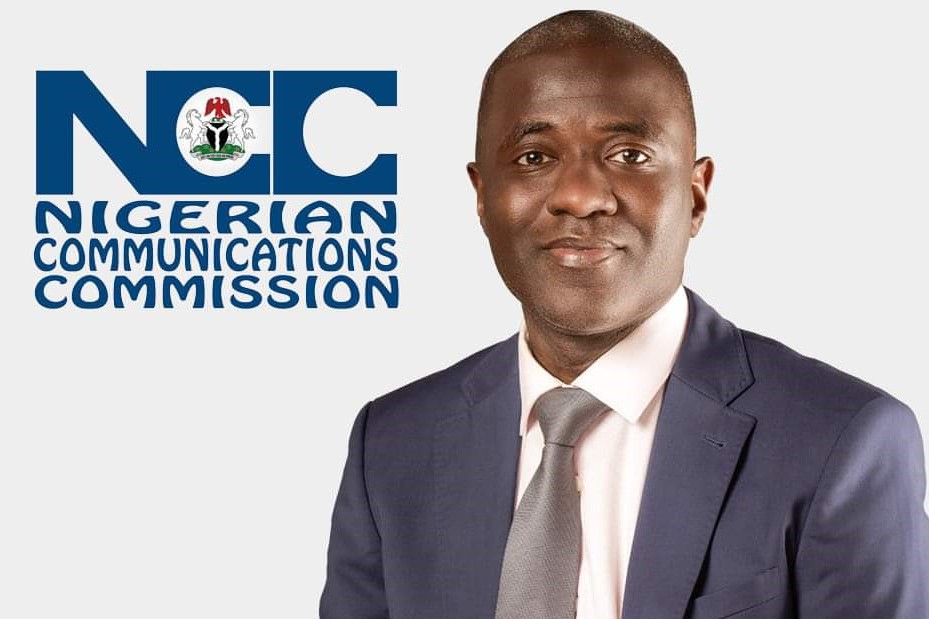The Nigeria Communications Commission (NCC) is holding a two-day public inquiry into three critical regulatory instruments in the telecommunications sector.
The event which started yesterday brought together experts, stakeholders, and engaged citizens to discuss and refine key regulatory frameworks, according to a statement from the telecom regulator.
During the event, the Executive Vice Chairman of Nigerian Communications (NCC), Dr. Aminu Maida, spoke on the essence of the event.
The Acting Head of Legal and Regulatory Services Department of NCC, Mrs. Chizua Whyte earlier welcomed participants to the event – both those who attended the Public Inquiry in-person and virtually.
The event is part of NCC’s consultative approach to getting inputs from industry stakeholders as a way of ensuring inclusivity in the development of any regulatory instrument.
The event is a follow-up to NCC’s suspension of the issuance of communication licenses in three categories: mobile virtual network operator, interconnect exchange, and value-added service aggregator.
The announcement of the suspension was made in a public notice by the NCC’s Director of Public Affairs, Reuben Muoka, last week. The NCC stated that this decision aligns with its authority under the Nigerian Communications Act (NCA) 2003 to grant and renew licenses, promote fair competition, and develop the communications industry.
The gathering aims to review regulatory instruments, including the Telecommunications Network Interconnect Regulations, Guidelines on Procedure for Granting Approval to Disconnect Telecommunications Operators, and Guidelines for Dispute Resolution.
According to the NCC, these instruments are vital for maintaining the robustness and integrity of Nigeria’s telecommunications infrastructure. The NCC highlighted the importance of this gathering, emphasizing the diverse perspectives and valuable insights contributed by participants.
The Executive Vice Chairman of the NCC, Aminu Maida, noted that the regulatory instruments play a vital role in shaping the country’s communications landscape and stressed the need to refine them to address emerging challenges, trends, and opportunities.
The NCC boss stated, “The first regulatory instrument on our agenda today is Telecommunications Networks Interconnect Regulations. As we all know, interconnection plays a vital role in enabling seamless communication between two different networks and facilitating the growth of the communications industry in Nigeria.
Maida emphasized that the review was crucial for keeping pace with technological advancements, fostering competition, protecting consumer interests, aligning with international standards, and improving regulatory efficiency in the industry.
Further, he noted, “The second instrument to be reviewed is Guidelines on Procedure for Granting Approval to Disconnect Telecommunications Operators. As the industry continues to evolve, in the main instances where disconnection of operators becomes necessary, these guidelines lay out the procedural framework through which such approvals are granted, ensuring that they are carried out in a transparent and accountable manner.”
The EVC said that the regulator would be reviewing its Guidelines for Dispute Resolution.
Maida noted that disputes are an inevitable part of any industry, and having a robust framework to resolve them is crucial.
“These guidelines aim to provide a clear and transparent mechanism for resolving conflicts within the communications sector, promoting timely resolutions and ensuring that stakeholders are treated fairly”, he expounded.
The Acting Head of the Legal and Regulatory Services Department of NCC, Mrs. Chizua Whyte, stated, “As the communications industry evolves with emerging technologies, our regulatory instruments must adapt swiftly. The Commission’s collaborative efforts with stakeholders have driven significant advancements and will continue to propel the sector forward.
“This public inquiry underscores our commitment to regulatory excellence and to building a robust communications sector that supports the Nigerian economy. We value your contributions and look forward to shaping a strong, dynamic industry together,” Whyte stated.












